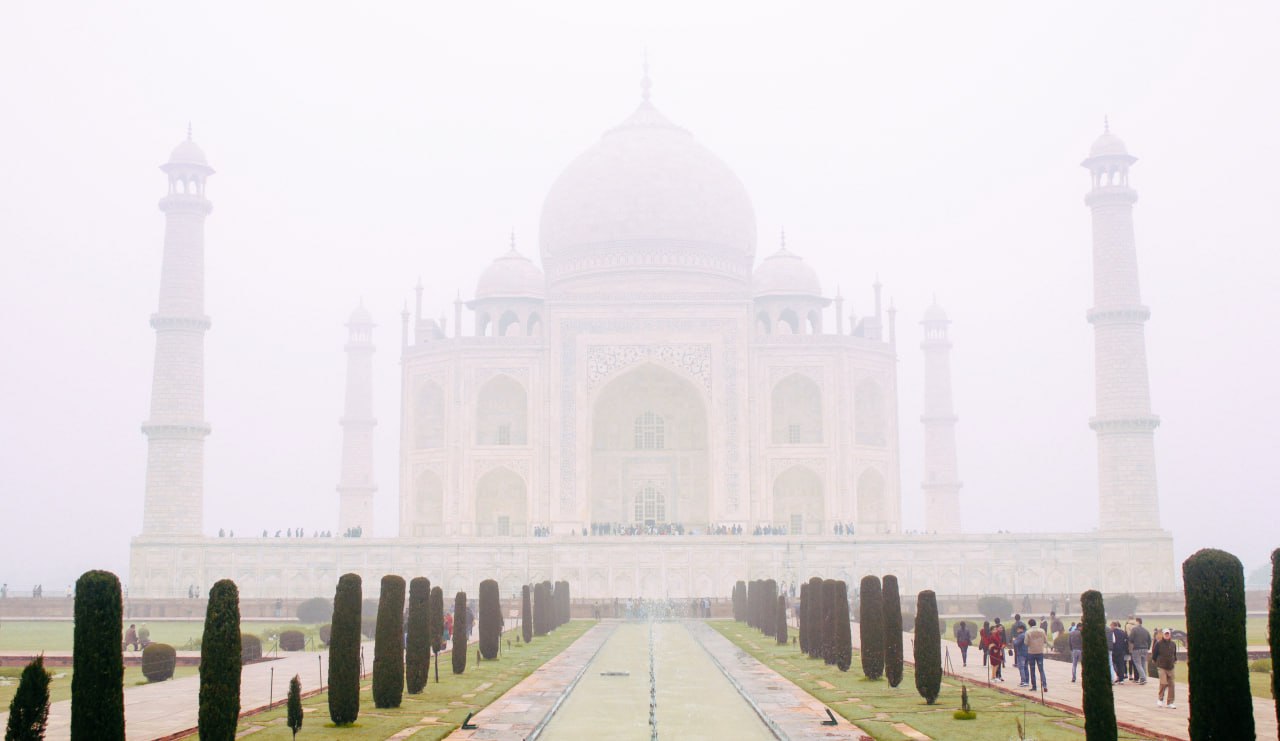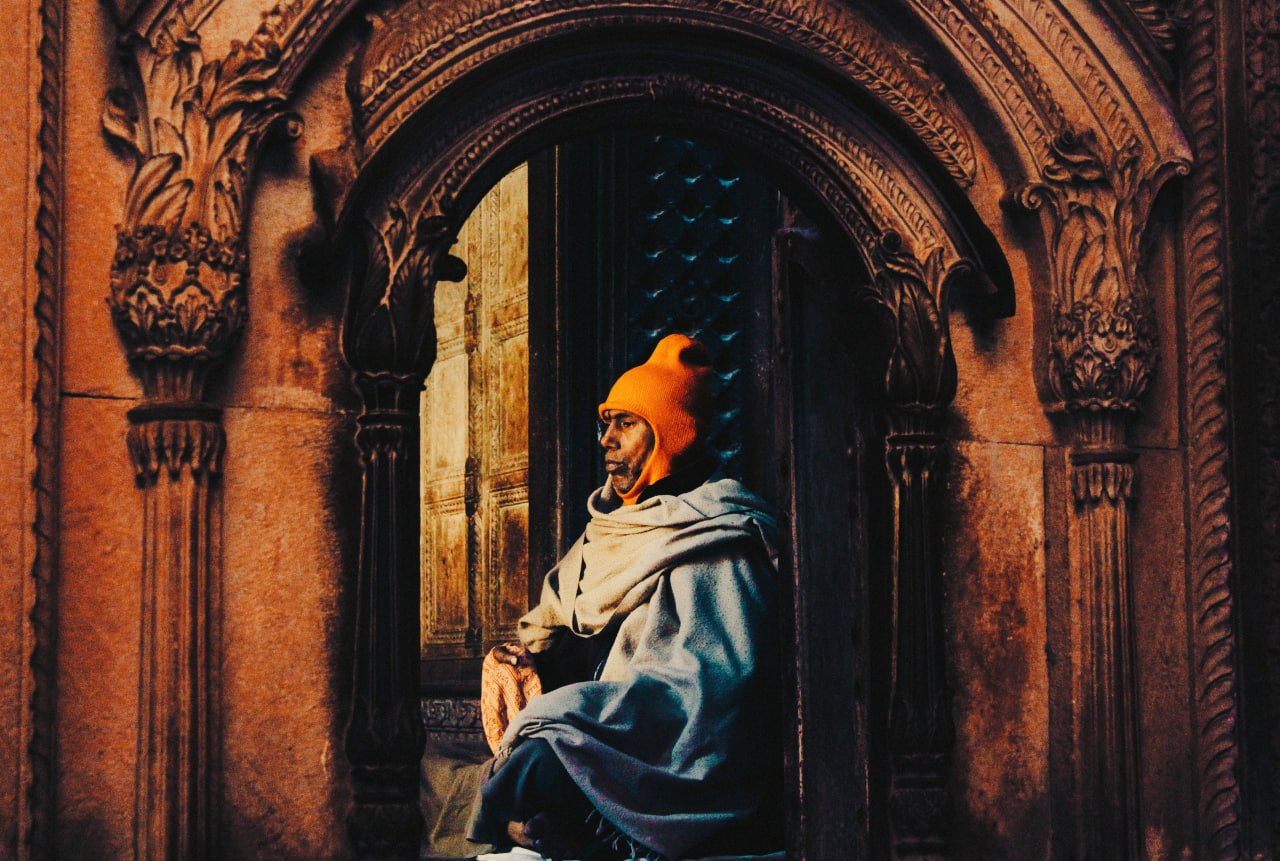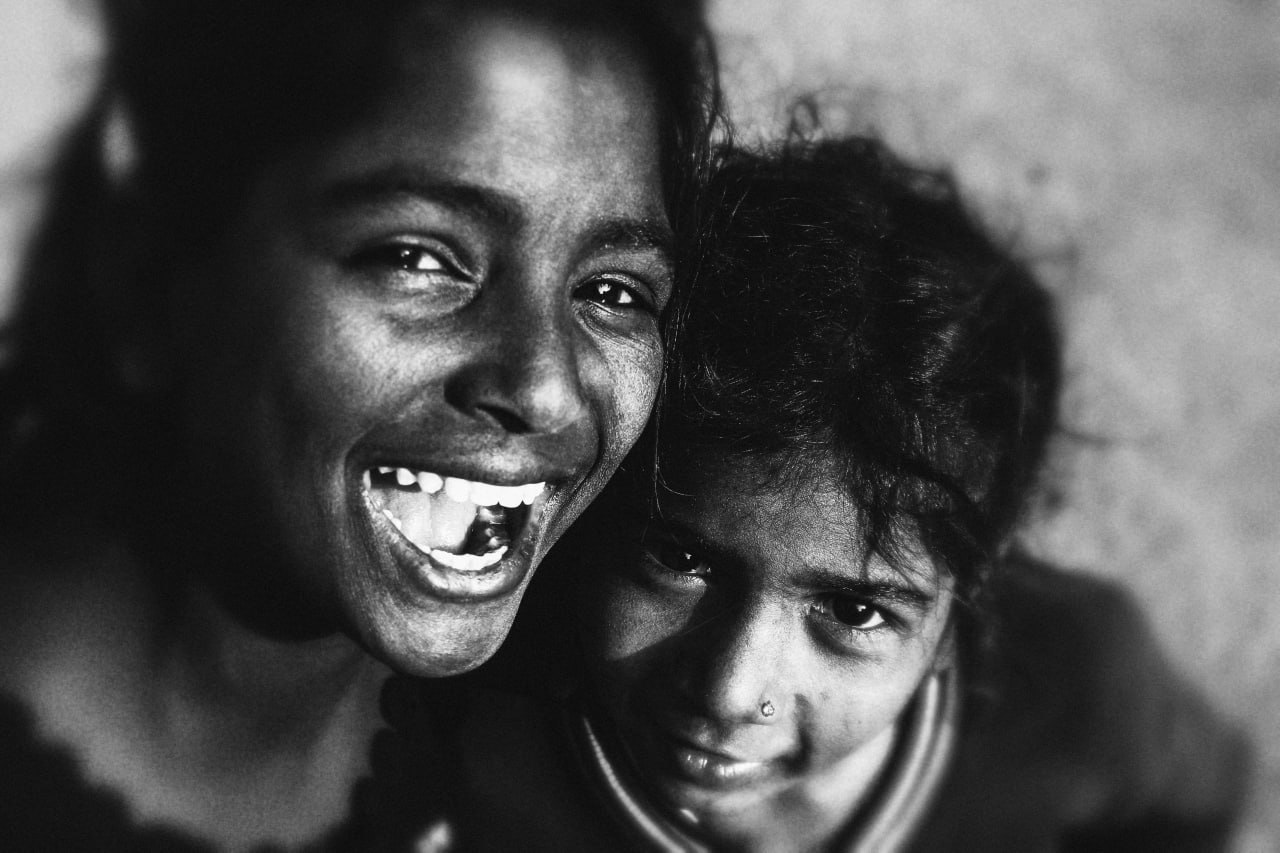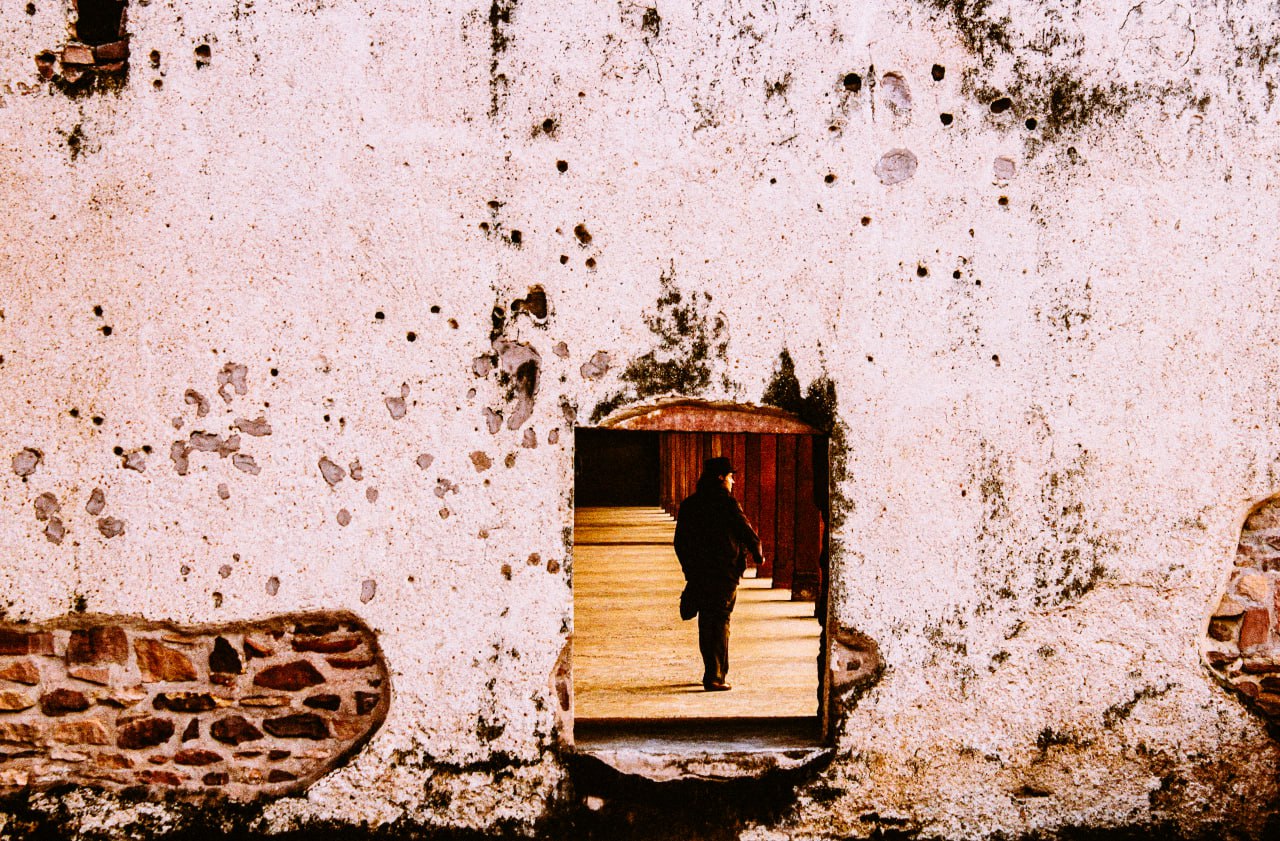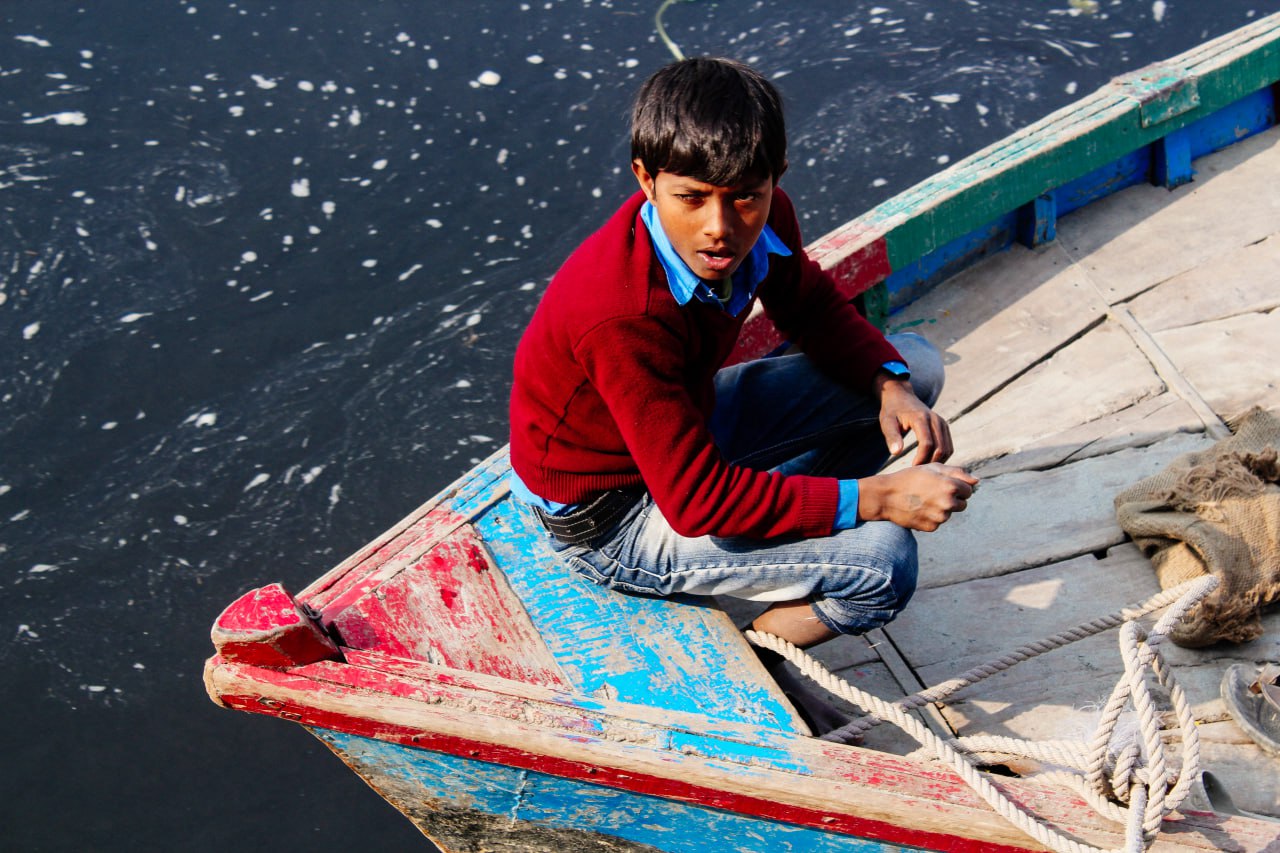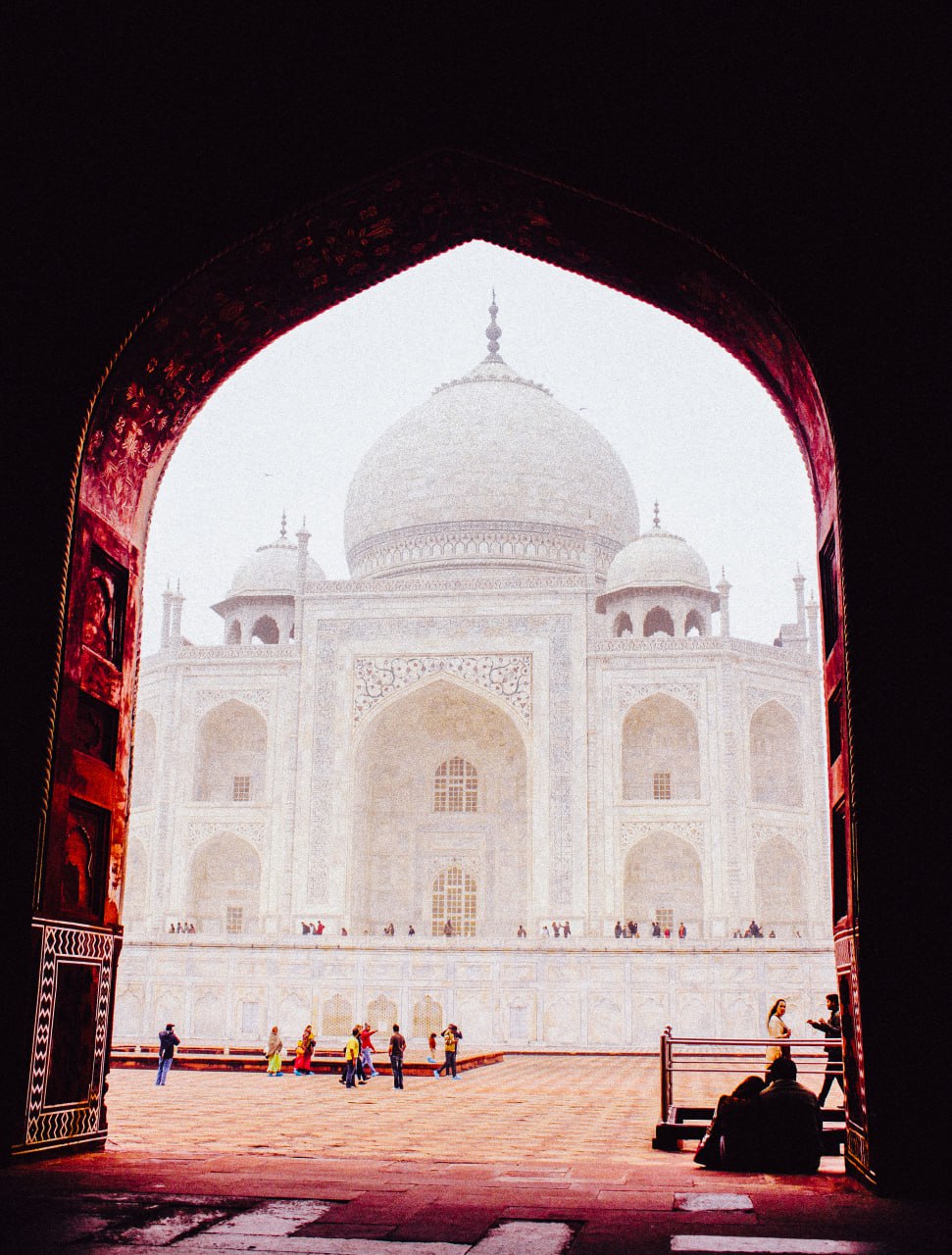

A friend burst into my place with this idea of his — “Let’s go to India, me and my crew,” — his eyes gleaming like someone who’d just won the lottery but hadn’t yet realized the prize was cursed. I shrugged. I had time to spare, money gathering dust in the bank. Why not? Except I knew about as much about India as you could scrape from cheap movies and a couple of internet articles — nothing but colourful trash. A month ago, in Kashmir, some lunatics hacked up a group of tourists on a trek. All of them. Except one Chinese guy. He stepped into the bushes, came back — everyone was dead.
That story lodged in my brain like a splinter, but I still dove online: videos, blogs, routes. Southwest — Rajasthan, Mumbai, Goa — sounded like a plan. My friend, though, wanted the north, Kashmir, a region of constant attacks and killings. We parted ways. I invited another buddy — he’d been whining for years about wanting to go to India, but right before the trip, he freaked out, and I ended up carrying the whole thing.
India smelled like a dump after rain and looked even worse. Delhi was one endless scream — filth, rickshaws, a stench that clawed at your throat. No postcard sunsets here. Tickets? Ha, without a local card, you’re nobody, end of story. A tour agency crawled out of some alley like a rat from a trash heap. They smiled sweetly, but their eyes were cold, serpentine. They demanded thirty thousand rupees for travel, lodging, and food. We haggled it down to thirteen. I expected a scam — every move they made reeked of a setup — but no, they kept their word. Even the rickshaws, those petty extortionists with their inflated prices, just seemed part of the show. Kashmir lingered in my mind — hacked-up tourists, a terrified Chinese guy’s face. Things could easily go the same way here.
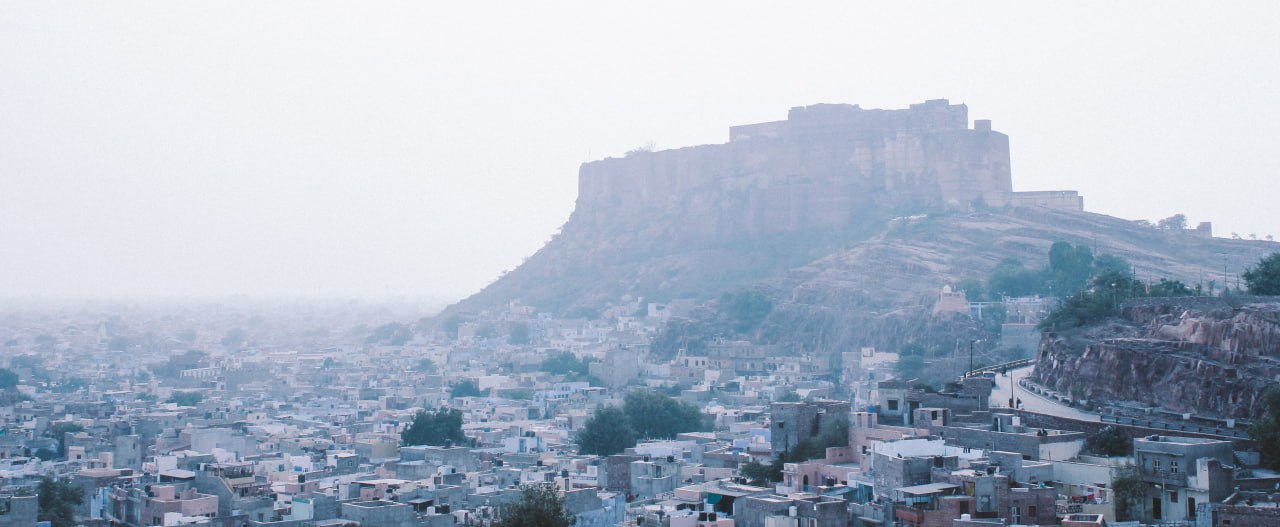
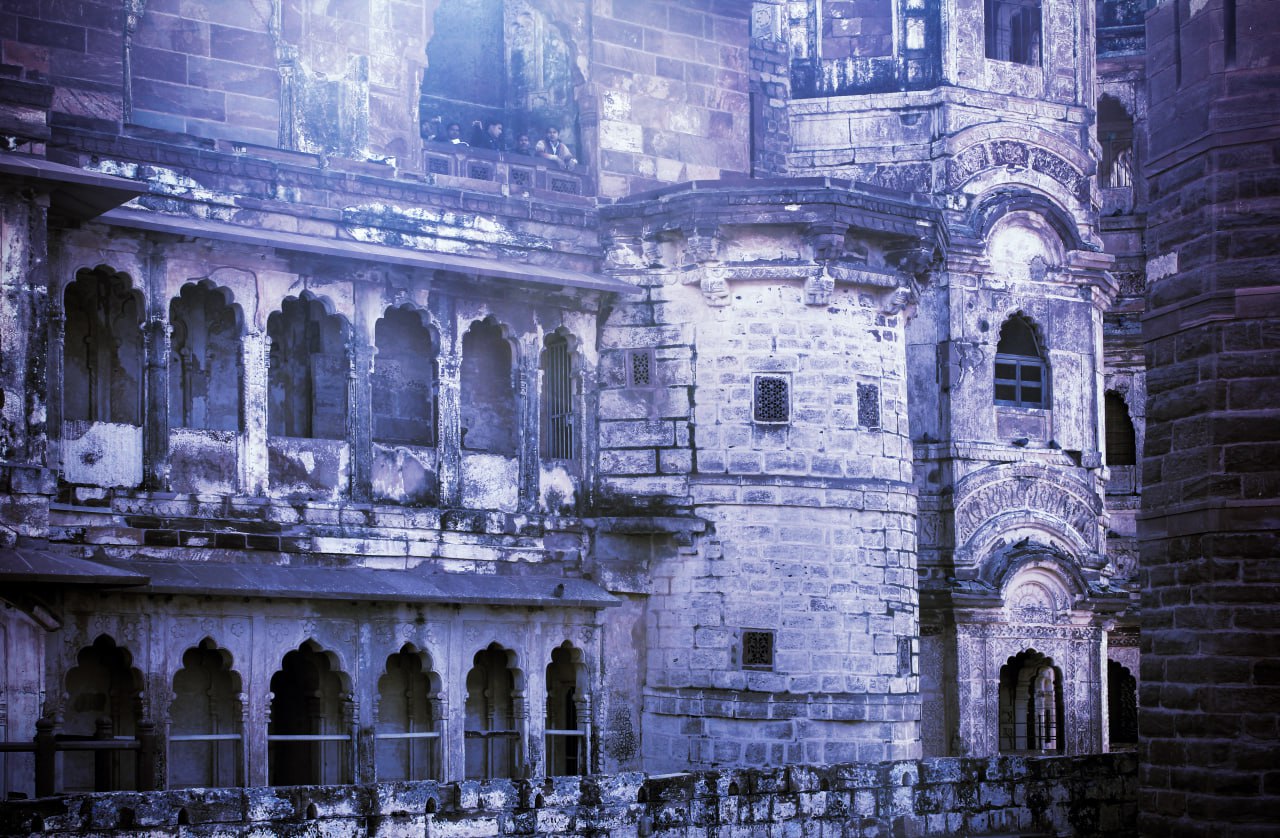
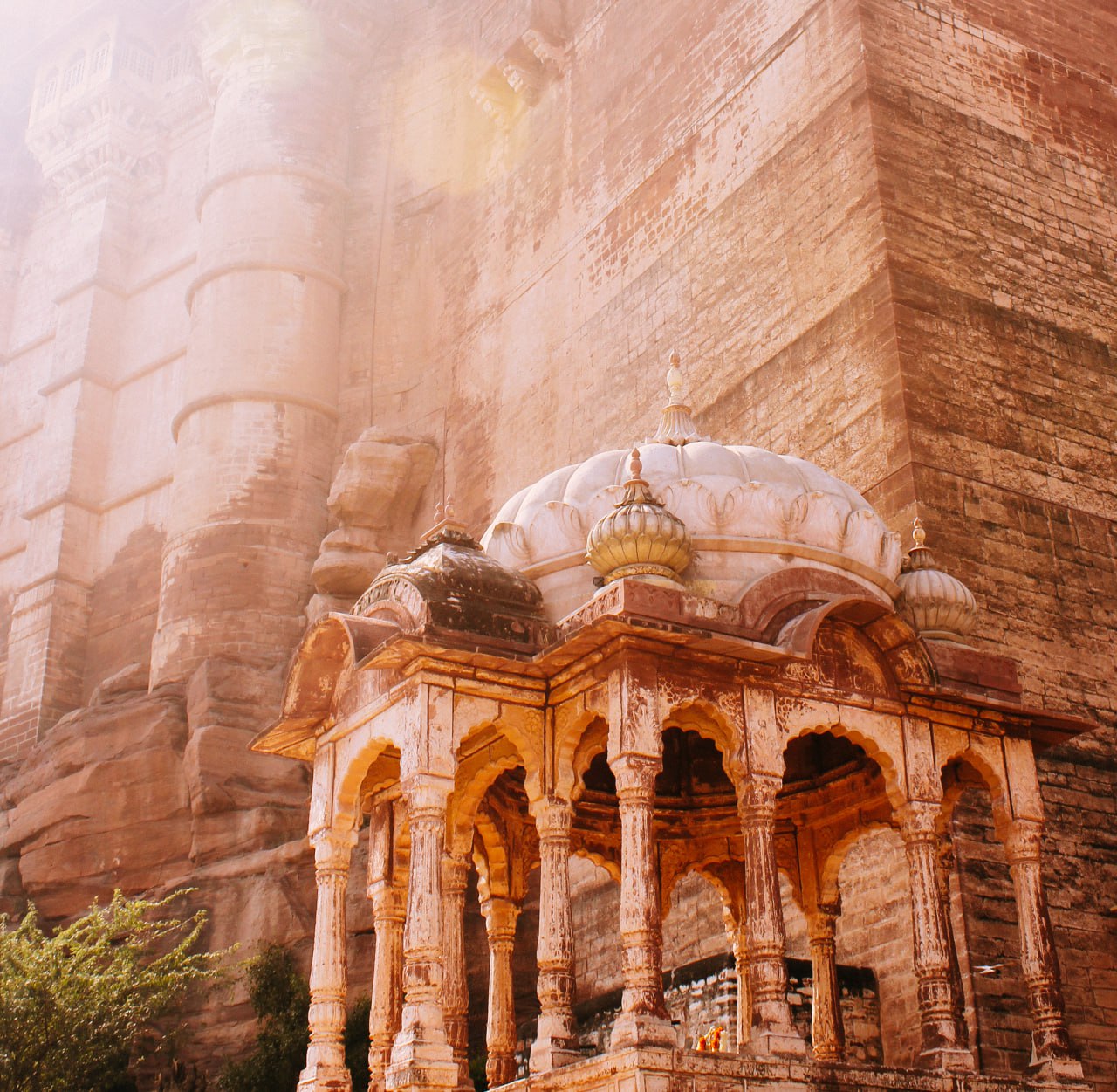
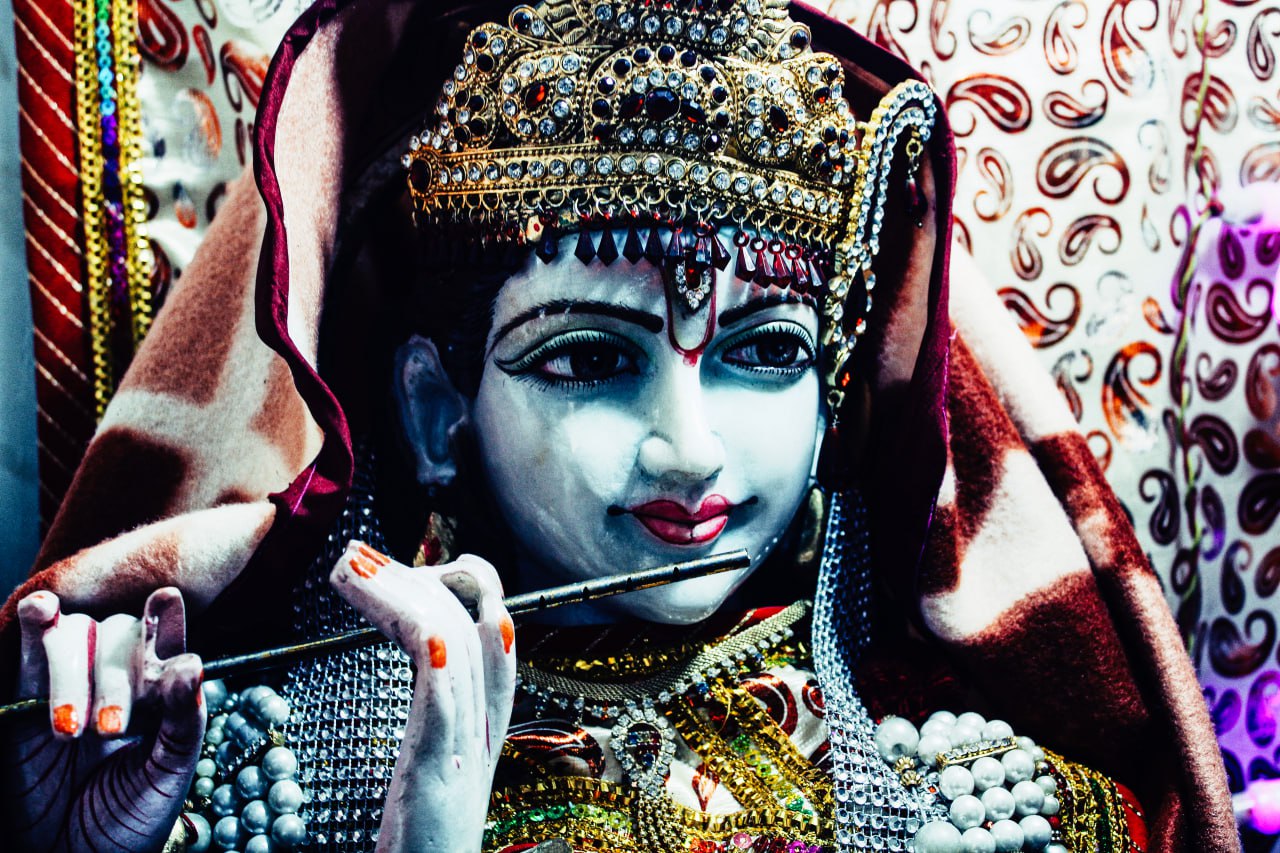
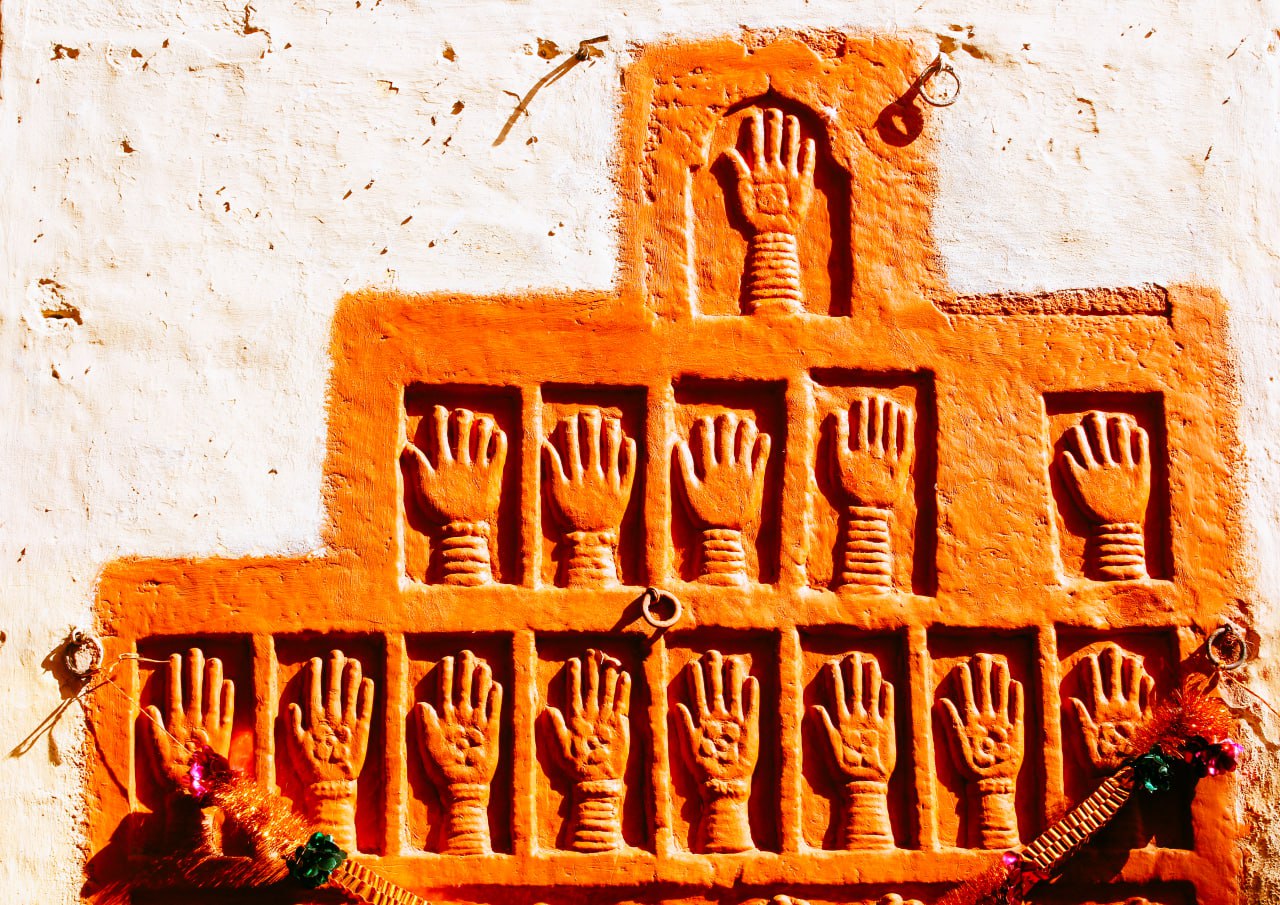
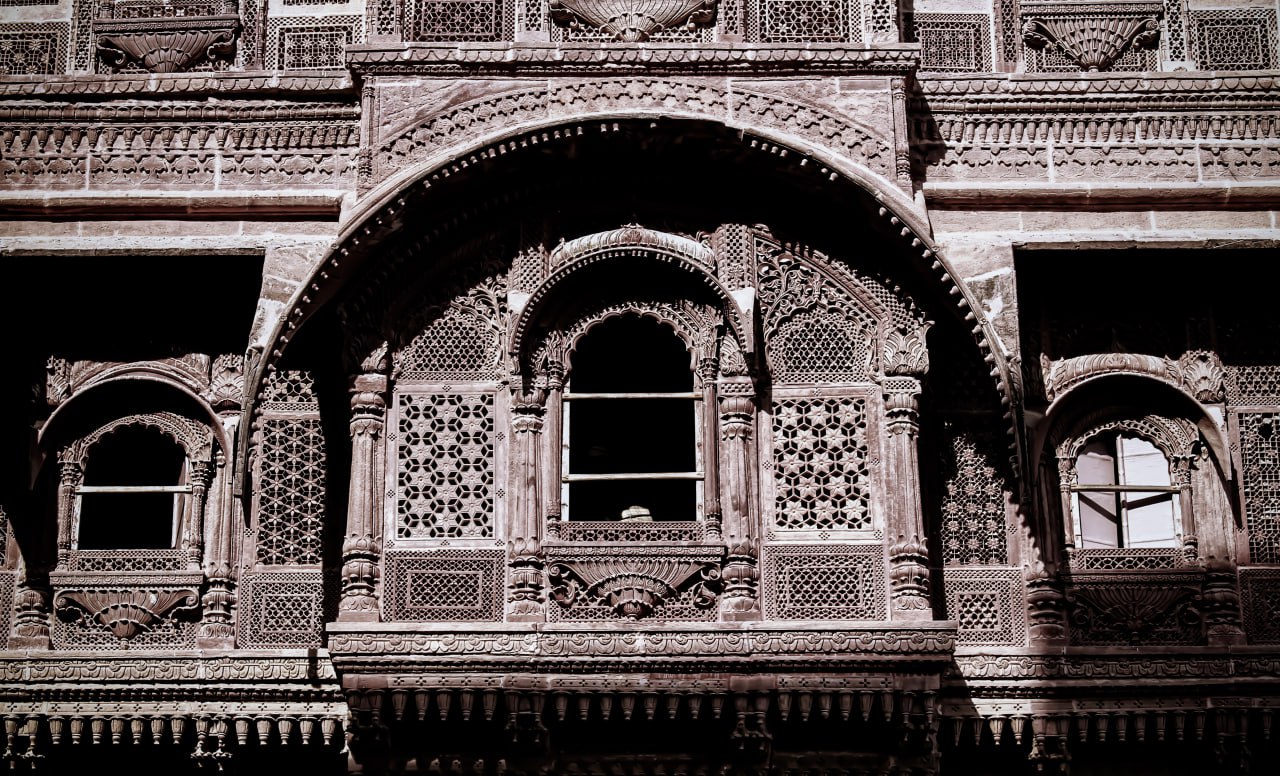
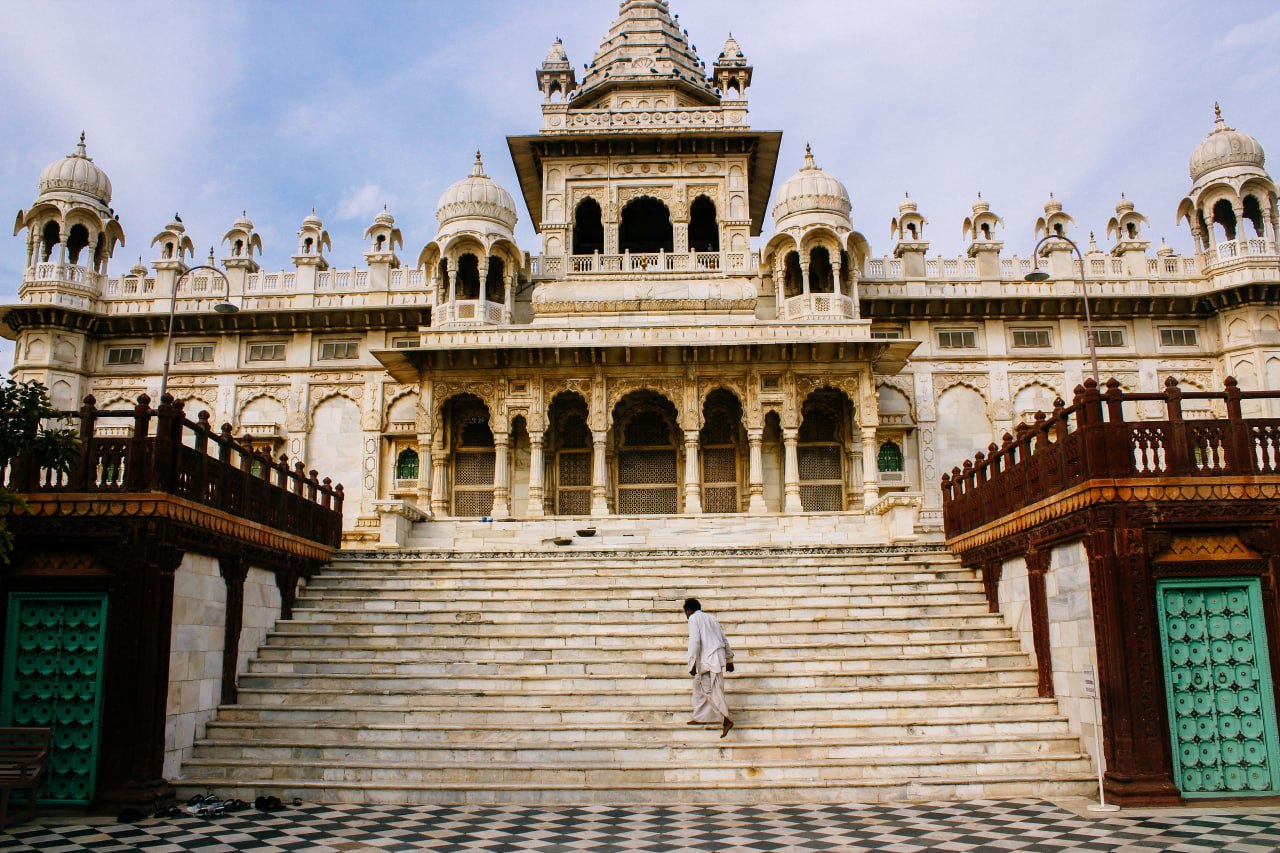
From the pit of Delhi, we landed in Jaipur. They put us up in a haveli — an old house where rich folks once slept, but now the walls stank of mold and other people’s secrets. Rajasthan was a weird place: castles, forts, tales of Rajputs — warriors who cut down anyone in their way.
During the day, we decided to explore the old city on our own. Rickshaws swarmed us with offers, but we brushed them off. Big mistake. No one spoke English, there were no signs, and the roads were pure chaos: cars, motorcycles, everyone speeding like it was a fire drill. Crossing the street was like a death lottery.
An hour remained before the region’s main palace, Amber, closed. We grabbed a rickshaw. He gunned it over potholes — a cliff to the right, pitch-black void below. He drove like a maniac, overtaking by some miracle, nearly plunging us into the abyss. The fort was already shut.
Night fell fast. We boarded a bus, but it wasn’t ours. By the time we figured it out, it took off. My friend jumped, smashed into the asphalt, and split his elbow open. Blood poured, the wound later festered, and the Indians around stared, but at least it stopped us from riding off to who-knows-where.
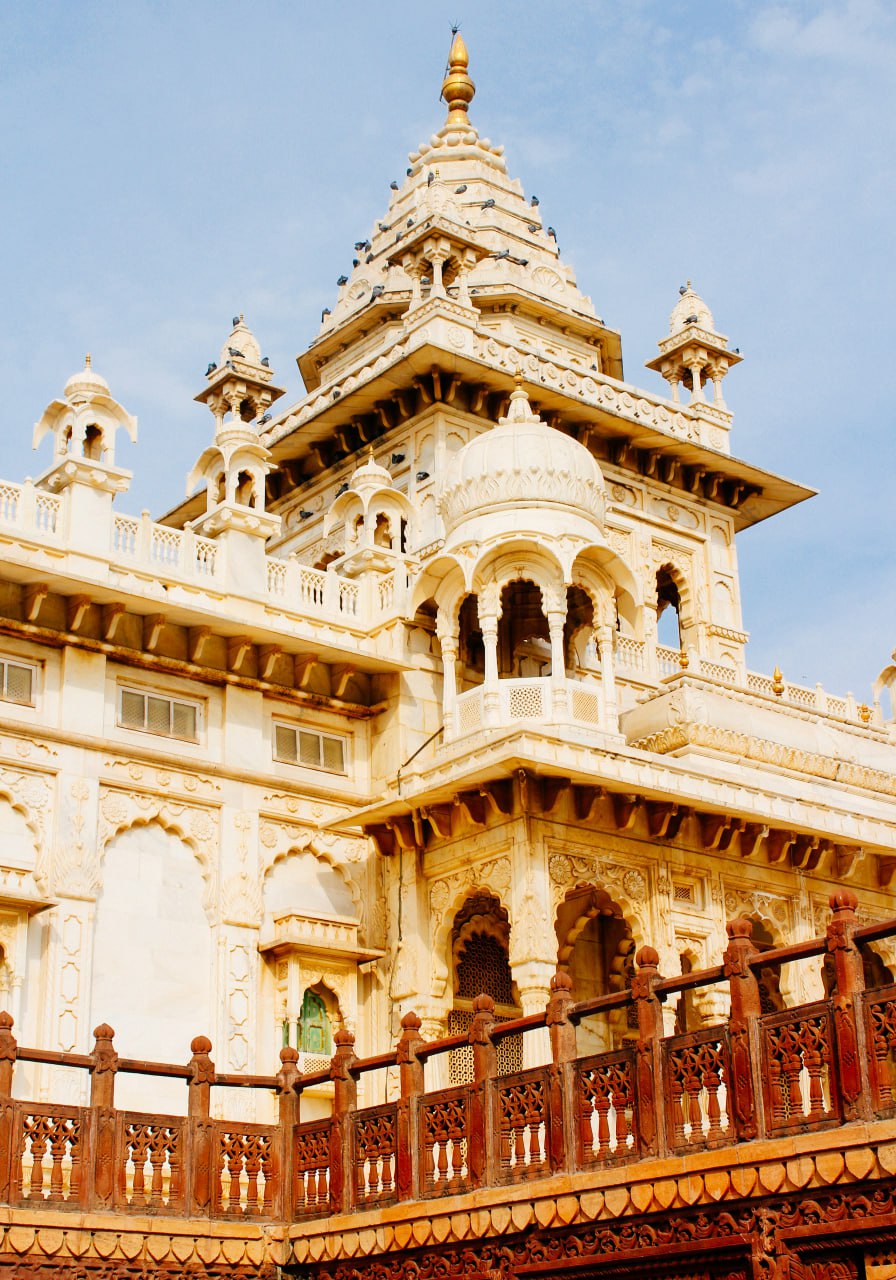
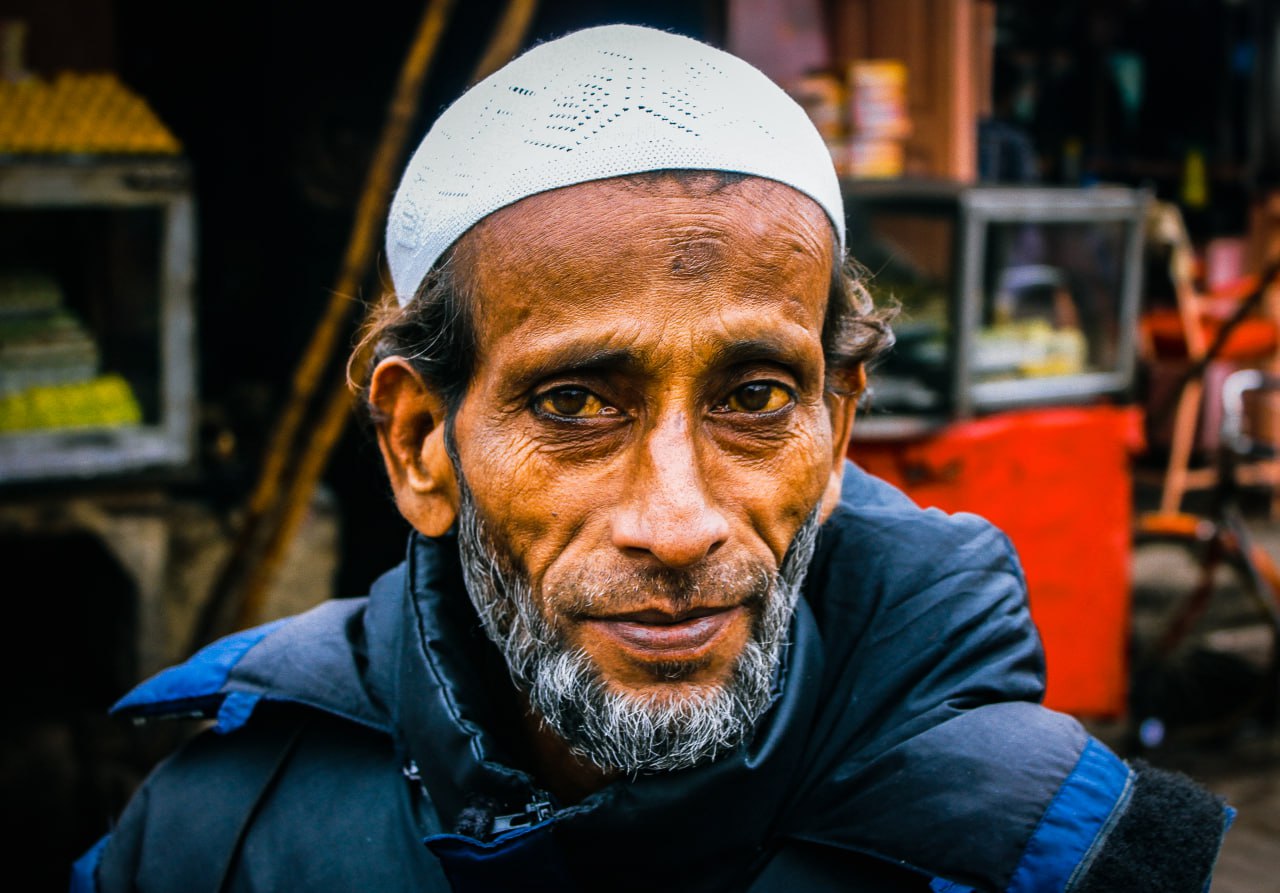
In the morning, we headed to Hawa Mahal, the Palace of Winds. The maharaja’s wives once lived there, peering at the street through tiny windows—beautiful, but eerie. The train to Jodhpur was on the other side of the city, and that’s when things went south. The bus stop was a myth, no clear signs, and at night it had changed routes entirely. We were left on the roadside, in the dark, thinking everything was about to collapse.
Giving up wasn’t an option. We found a car—a rusty heap—and the driver agreed to chase the bus. Night cloaked us, headlights carved out the road, and we sped along, weaving past rickshaws, dodging motorcycles. The bus flickered ahead like a ghost—vanishing, then reappearing. We caught it at some stop, piling in, angry and drenched in sweat. We made it just in time. Jodhpur was close, but Kashmir still rang in my ears like a bad joke.
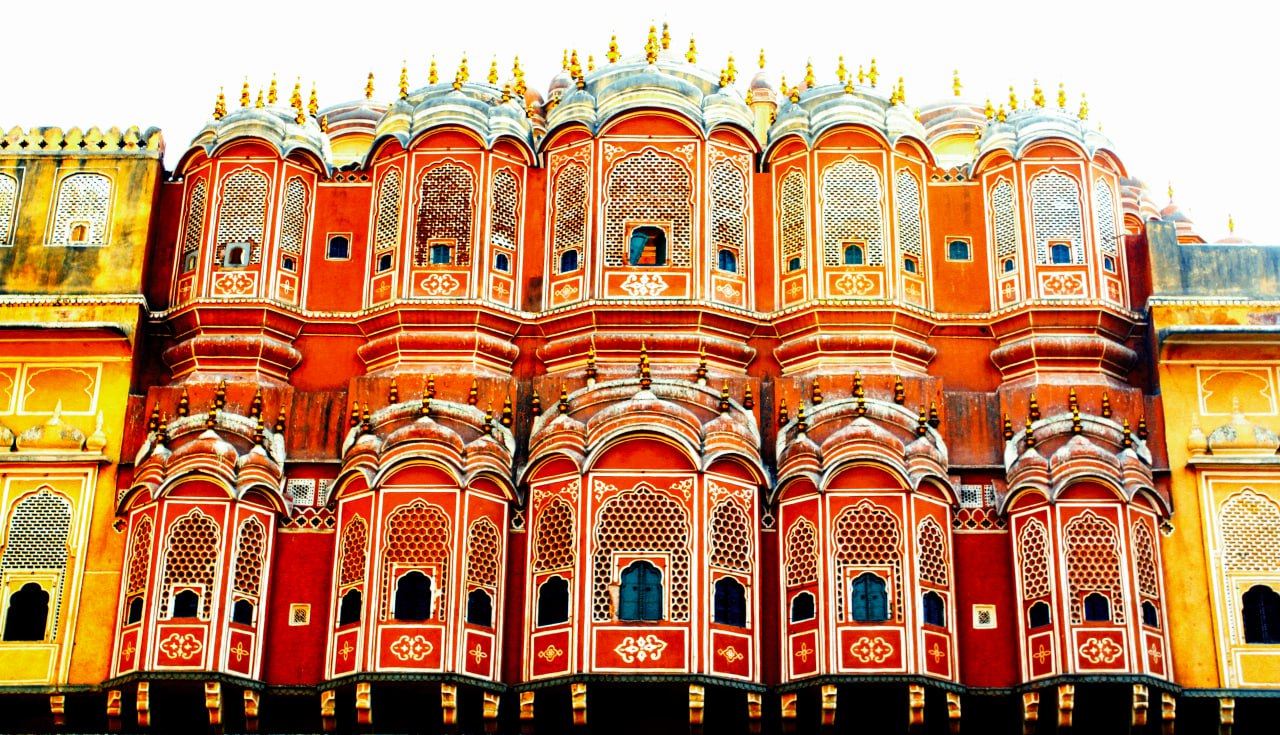
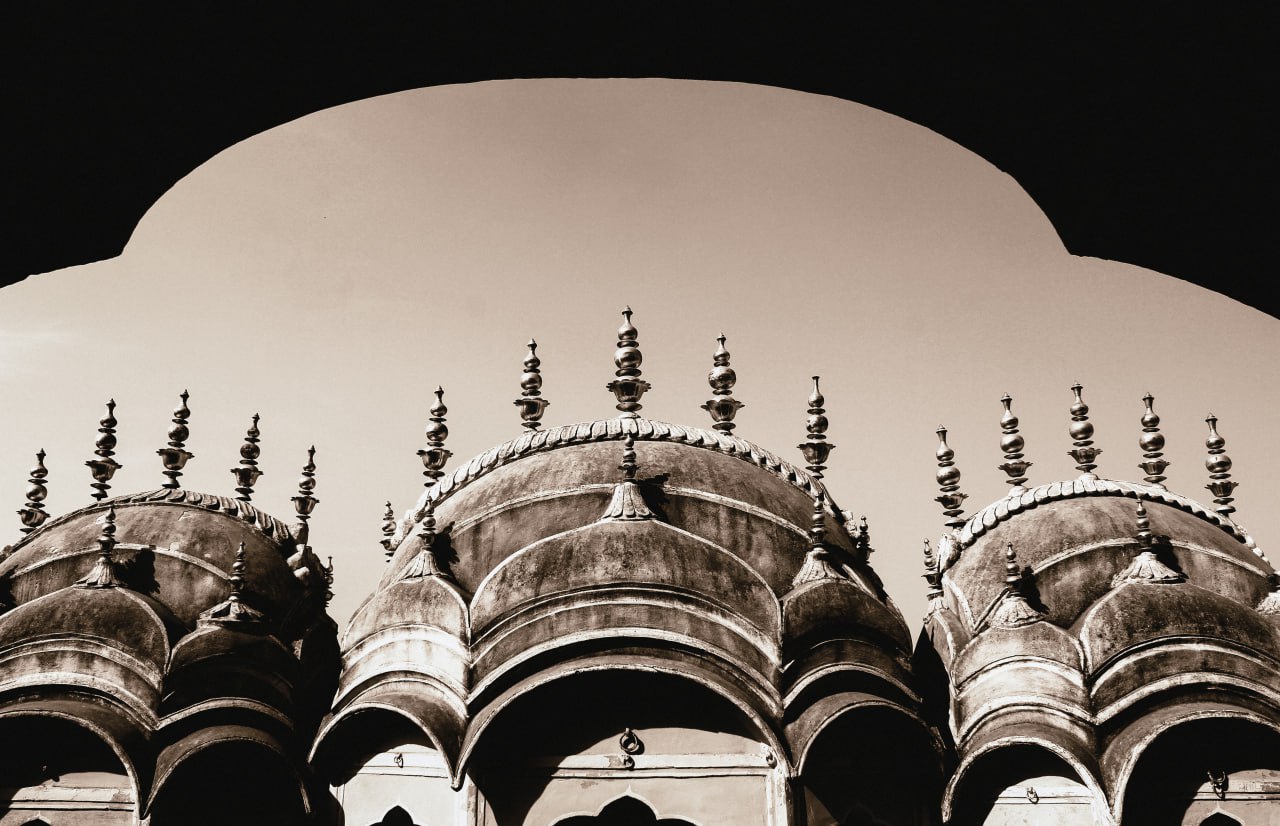
In the train, my friend slept while I listened to music. Two boys, Rajputs, came up, chatting about movies and songs, inviting us to their place. I brushed them off—no energy left. Then my friend woke up, and all hell broke loose. He tore through the carriage, face pale as a fool who’d just lost everything. Our tickets were gone—he’d left them on the edge, and a cleaner tossed them. We were stranded without lodging, food, or a plan.
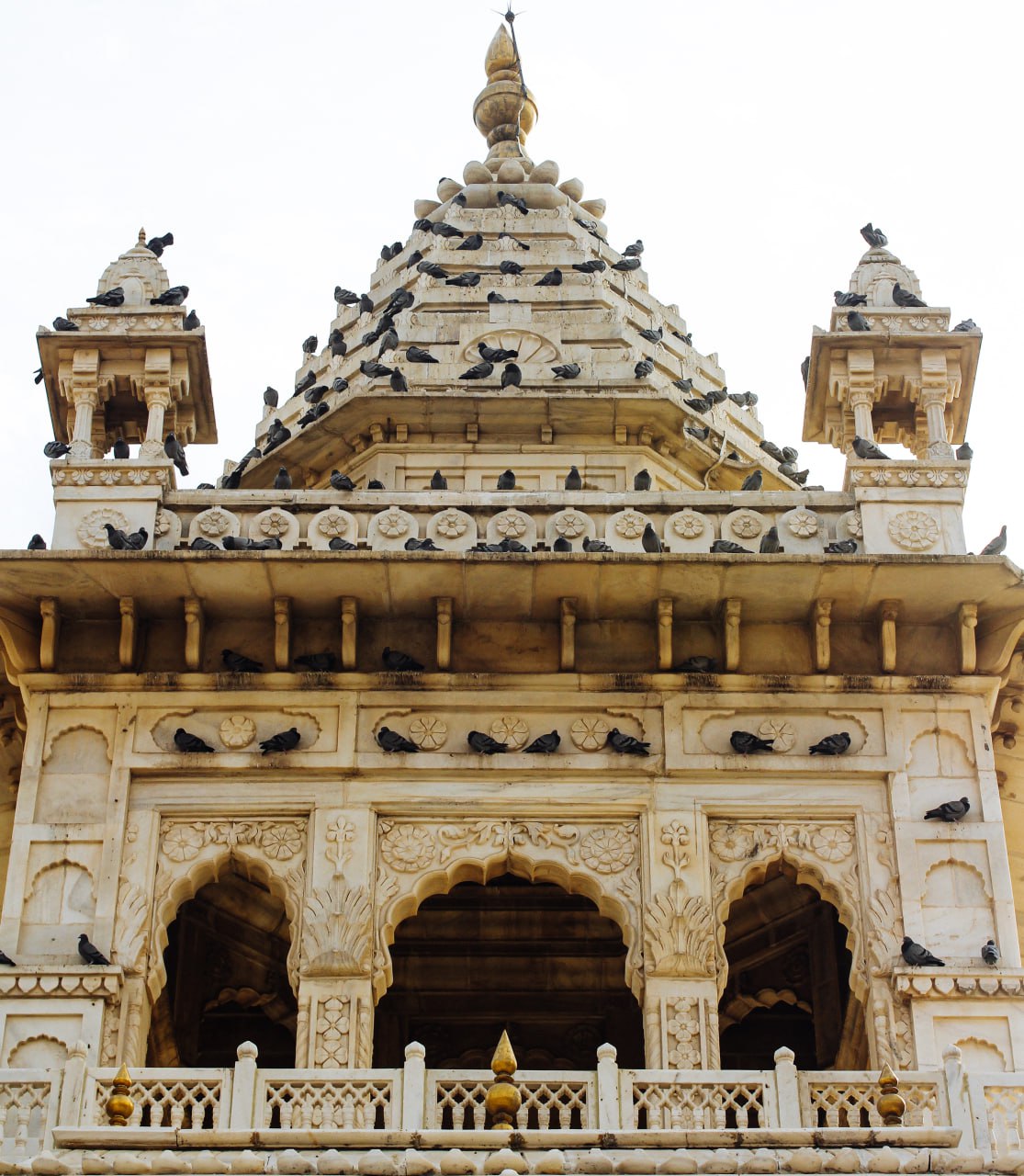
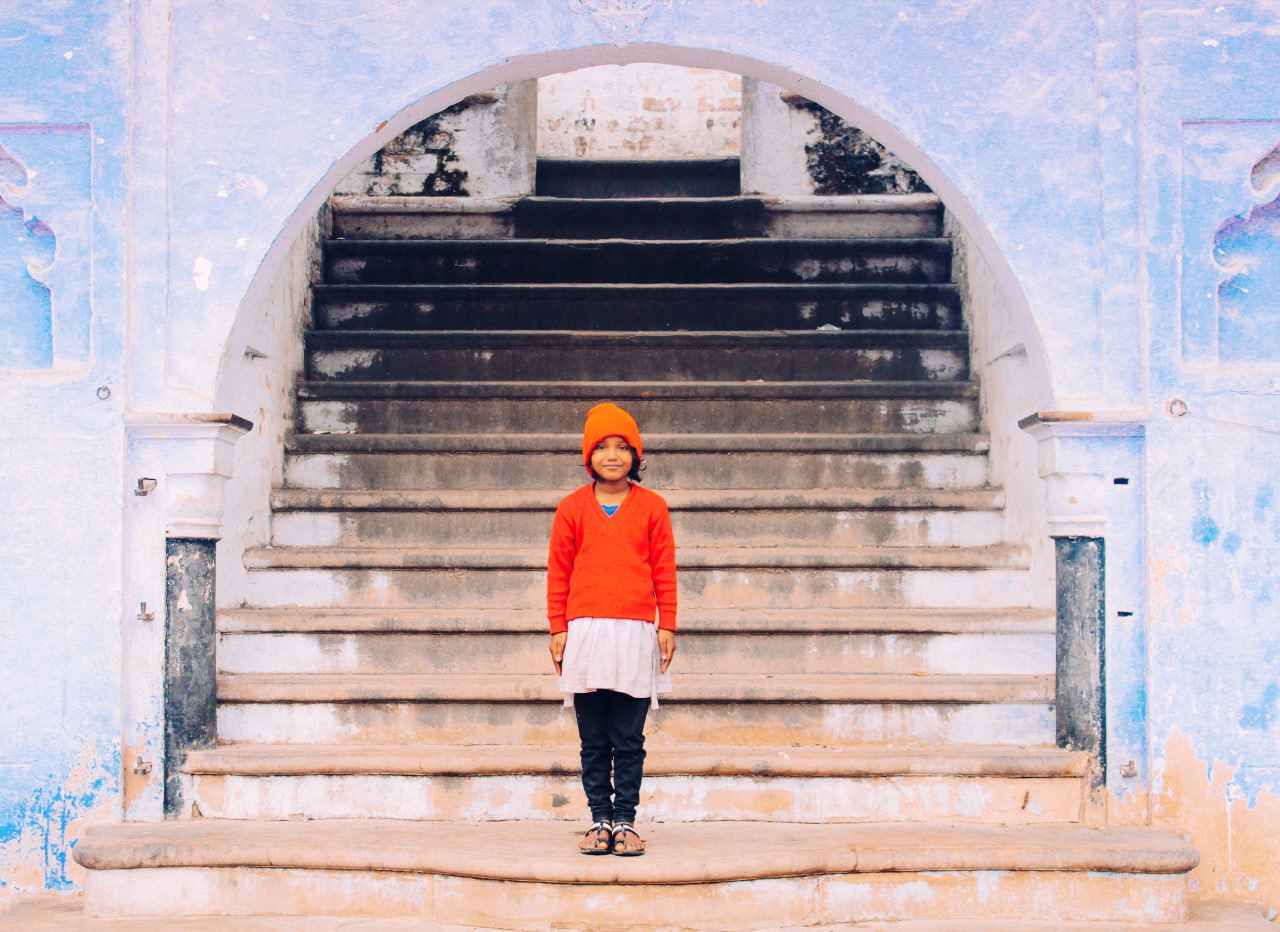
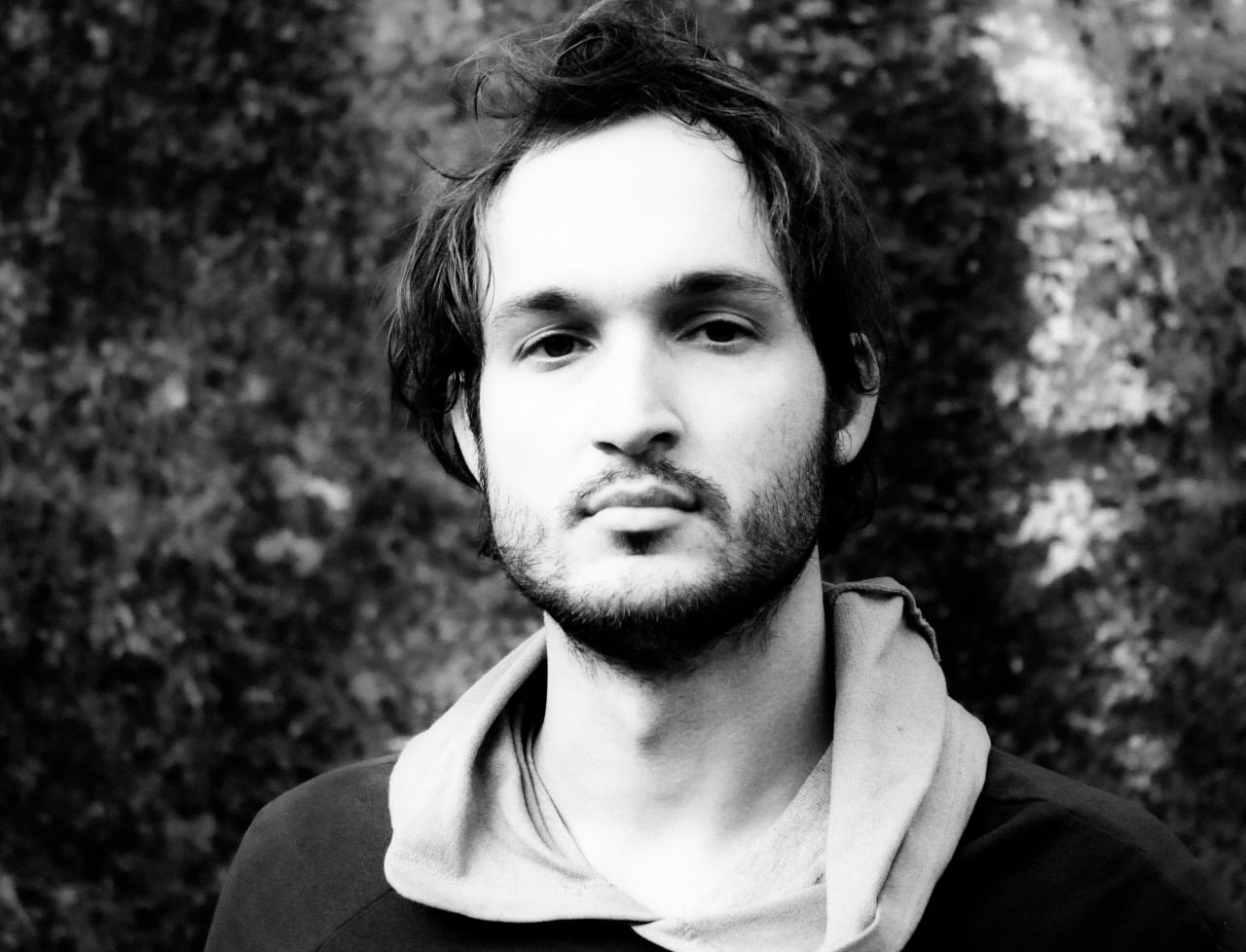
After Mumbai, the south awaited—Goa. A long road, like a sentence. The bus was old, rusted, its engine coughing like a sick old man. The night promised to be rough. The vehicle lurched over potholes, jolting us so hard our teeth clacked. The Indians apparently decided the luggage racks were now bunks. Windows? They forgot to seal them. A draft howled like a tunnel, the cold seeping under our skin, nearly blowing us down toward someone’s stinking sneakers. After everything we’d been through—rickshaws, a festering elbow, food poisoning from Indian meals, lost tickets—this felt like a final spit in the face. I sat, gripping the handrail, thinking: if this is how Goa greets us, what’s next?
By morning, the bus gave out and spat us onto Arambol. Goa. Sand, palms, the smell of the sea—everything like an ad, but laced with dust and exhaustion. We were alive.
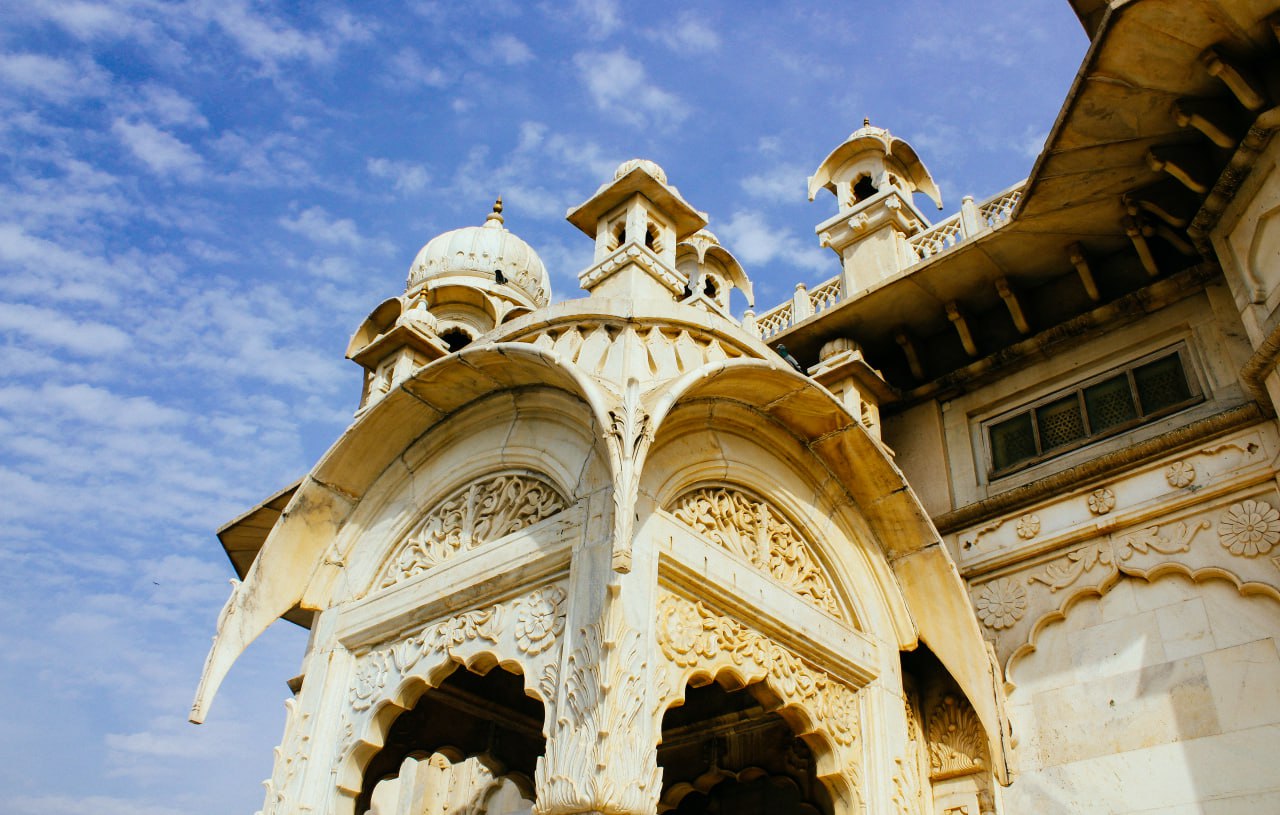
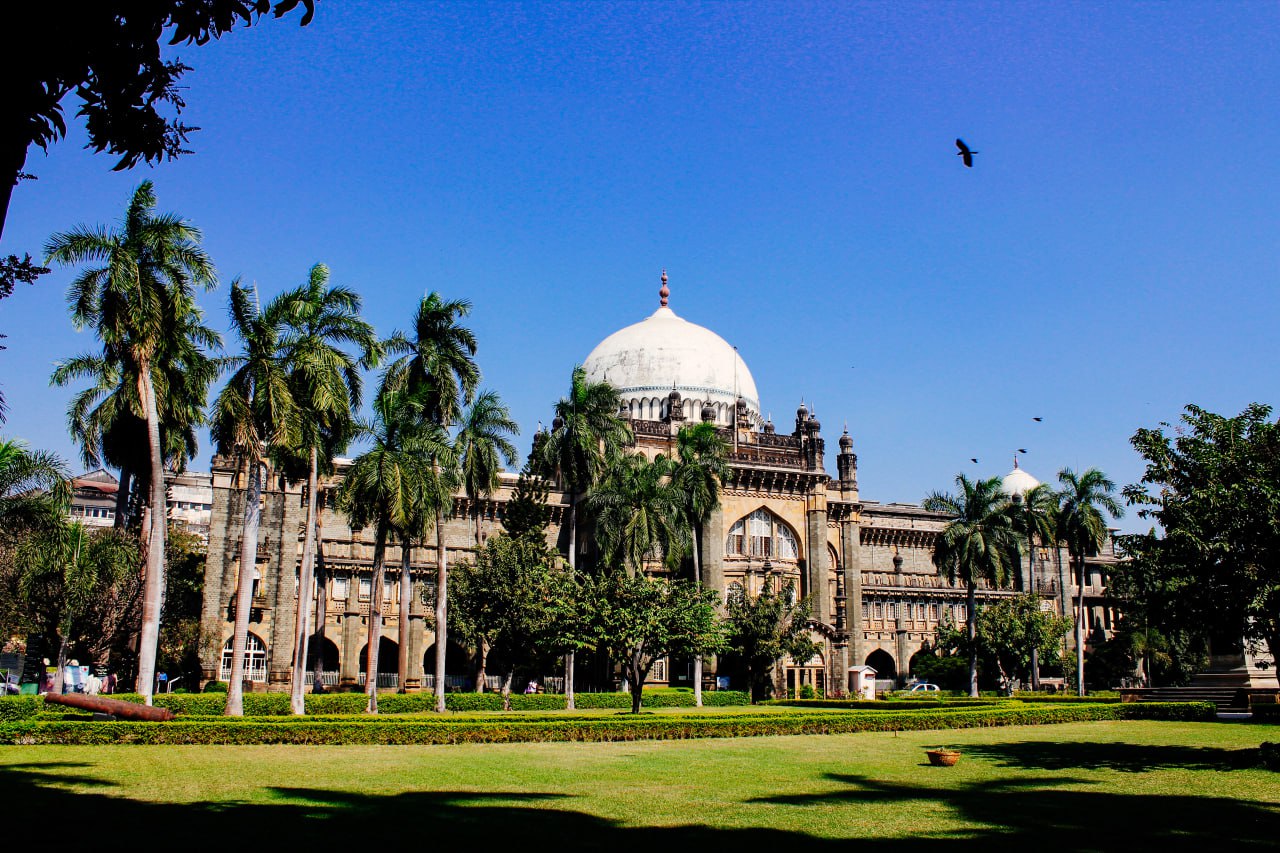
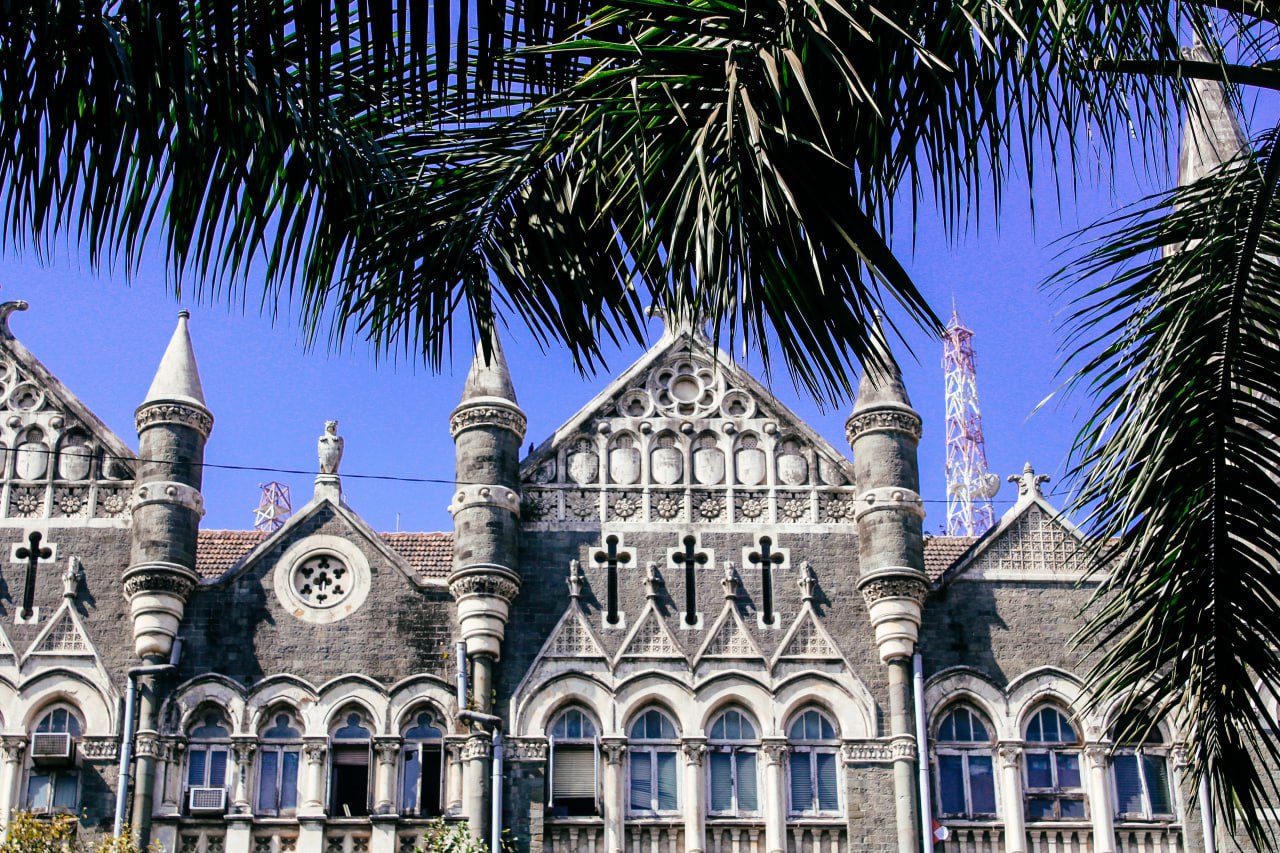
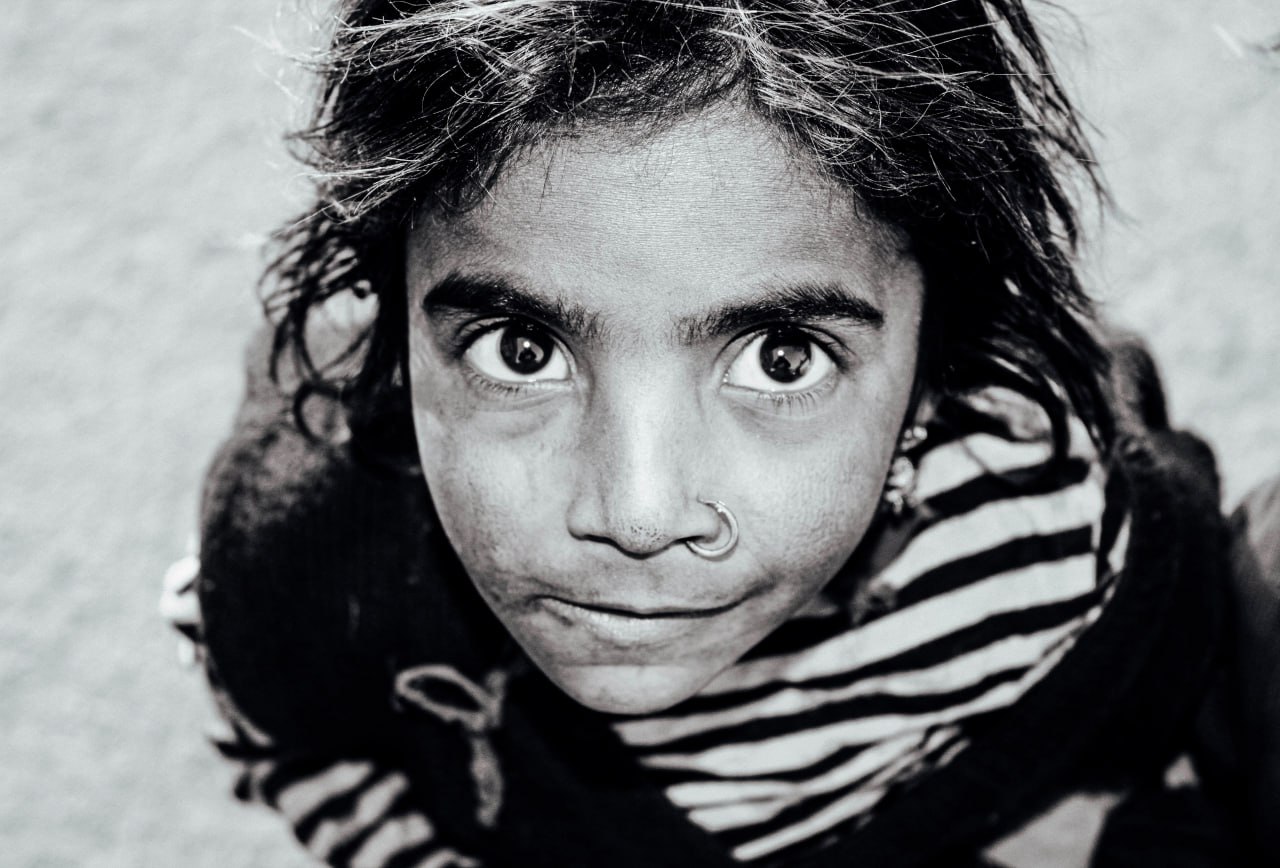
Goa. The adventure was over. We’d landed in a strange place—not India, not Europe, something in between. The Portuguese past lingered in the air, though the Portuguese themselves were long gone. People ate meat, spoke a jumble of Portuguese, English, and Indian—words tangled like scraps of overheard conversations. They believed in Christ but left the cows alone. Even thinking about harming one could end badly—here, they’d just kill you, and in other states, they’d finish the job. Cows roamed the roads alongside pigs, part of the everyday traffic.
There were no jungles. India was never thick with forests, and here, many had been cleared—fields and distant mountains instead. Arambol looked like a tired resort. Sand, palms, the smell of the sea.
Goa was the place my friend had been chasing from the start—his personal lost paradise. Yoga, trance parties, new faces. He wandered around with a smile, as if he’d finally found something real. We stayed in a former monastery—old, peeling walls heavy with damp. The week flew by, but it felt oddly dull. Locals spoke of aghoris—monks who eat corpses and smear themselves with the ashes of the dead. Their words hung in the air like smoke, but it never went beyond rumors. No one had seen them, and I started to think they were just tales for tourists.
Then it was time to leave. And, as expected, everything went wrong again. Problems crept out like shadows from the corners.

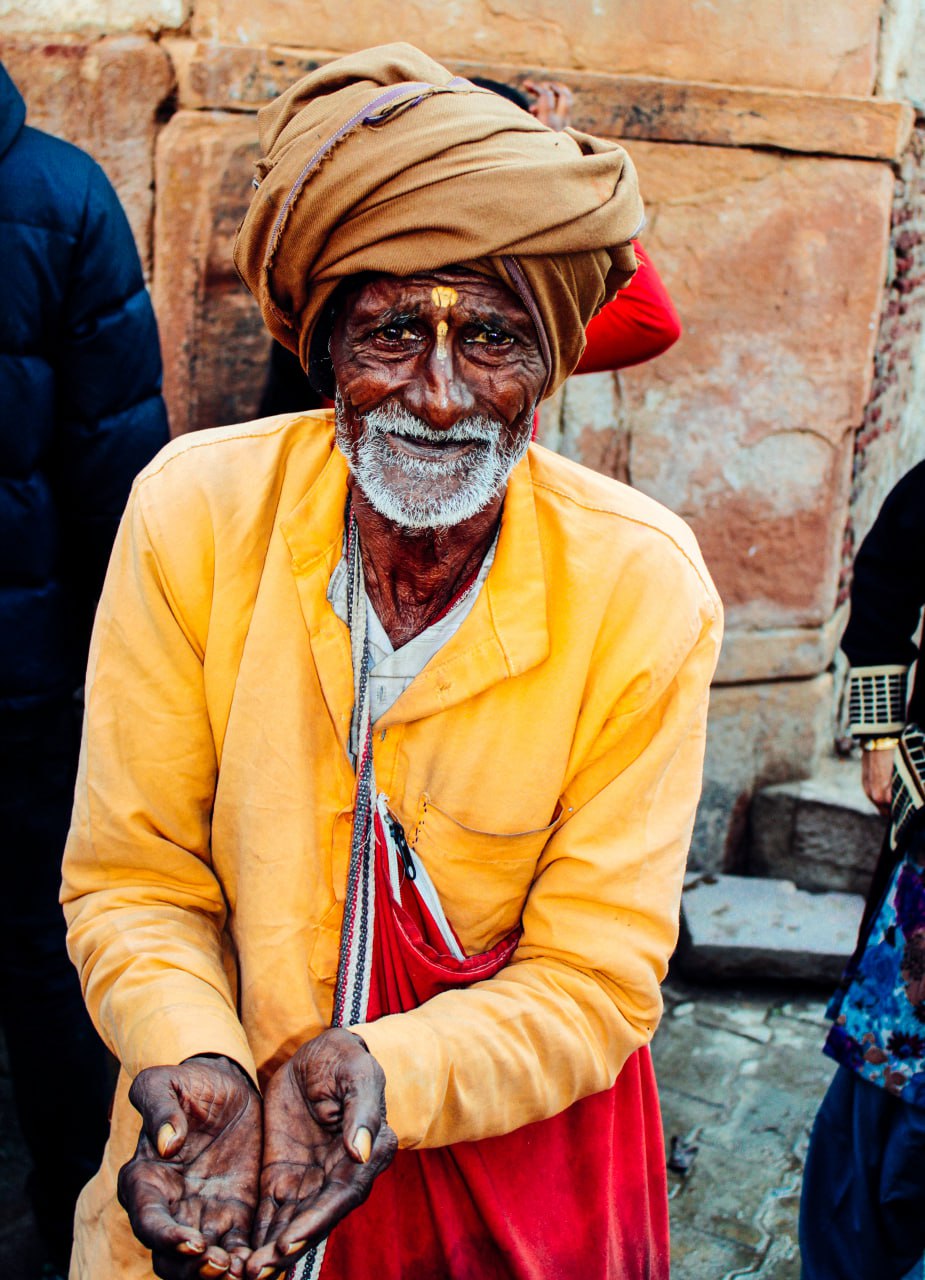
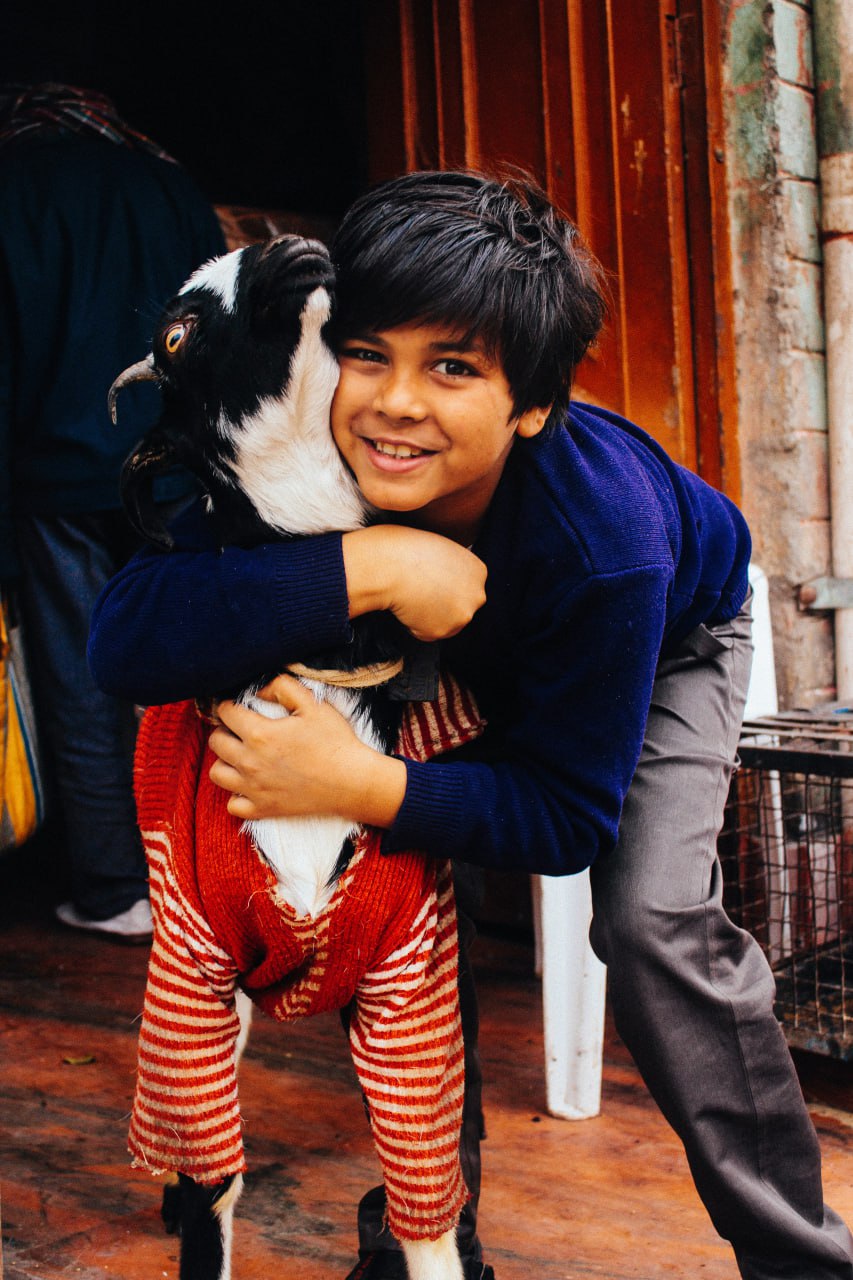
The days in Goa flew by. Time was running out before our flight. And then it hit us—just as we couldn’t escape Delhi at the start, now we were stuck in Goa. Tickets weren’t being sold. We were outsiders, and it showed in every refusal, every blank, heavy stare. With effort, we snagged a ticket and bolted for a train—north, to Delhi.
The night train ride was like an old Soviet nightmare. The carriages were rusty, creaking, the people inside gray, faces drained by life. Passengers sat in silence; some dozed, leaning against the walls. But there was a strange exoticism to it. The fan—cheap, buzzing like a sick animal. Some passengers slept on the floor, others even in the toilet, sprawled on filthy tiles. Then the Indian monsoons hit. The rain came down hard, like a punch, and water poured into the carriage. Within minutes, the floor was flooded—five centimeters of muck and stench. We scrambled to shut the shutters, fingers slipping on wet metal. And the people on the floor just lay there, sleeping half-submerged, as if they didn’t care.
By morning, we arrived in Vrindavan, a sacred place for Hindus, the city of five thousand temples.
